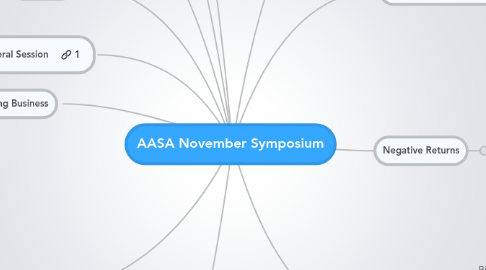
1. Info Literacy
1.1. Vicanti Mouse or Ear Mouse
1.1.1. BBC vs Wikipedia
1.2. Google.com/advanced_search
2. 4 Committees
2.1. Global Connection
2.1.1. HSBC - Empathy for other cultures
2.1.2. Michael Welsh? anthropologist
2.1.3. West Point - empathy
2.1.3.1. Win the war to win the peace
2.1.3.2. 3 cups of tea
2.1.4. epals
2.1.5. number the stars
2.2. Info Literacy/Research
2.3. Legacy - Shared student tutorials
2.3.1. Design tutorials for other students
2.3.1.1. Mathtrain
2.4. Student knowledge collection
3. Ideas
3.1. AUP or responsible use after school policy
3.2. ELL DVD for parents to talk about progress
3.3. An introduction to HC DVD for ELL parents
4. Instruction
4.1. Game theory
4.1.1. Immediate results/feedback for every action they take
4.1.2. Get to choose the level they start
4.1.3. Die and Live again - Repeated attempts
5. Google Notes of General Session
6. Questions for Leaders
6.1. Does everyone in the system have the right information at the right time
6.2. Do we have the right relationships - developmentally sensitive
6.2.1. Collecting data about where students are
6.2.1.1. Instructional strategies on what students do know vs what you think they know
6.2.2. Collecting data on where teacher are in the change process
6.3. Who owns the learning?
6.4. Where is the Process change
6.4.1. Relationships
6.4.2. Information
6.4.3. Control
6.5. What capacity do we give students to manage their own learning?
6.6. What can you throw out of the curriculum?
6.6.1. Science fair search in singapore
6.6.1.1. Ask students to find the best teacher assignements
6.6.1.2. Show students other students work
6.6.1.3. Co-create rubrics
6.6.2. Memorize the 50 states
6.7. What are your core values
6.7.1. Then take the core values and see how technology can influence it.
7. Relationships
7.1. Learning is Social
7.2. Socrates
7.2.1. Dialogue
7.2.2. Defending/interacting
7.3. Mazur
7.3.1. Facebook
7.4. Project Zero
7.4.1. Very difficult to overcome misconceptions
7.4.2. The Social part of learning can help overcome that
8. Information/Learning Business
8.1. Communication to all staff
9. Negative Returns
9.1. The Age of the Smart Machine
9.2. -2% Cisco Study
10. Literature
10.1. Biggest improvement in Test scores
10.1.1. Whole School Flip
10.1.2. Lerning4Mastery
10.1.3. Eric Mazur
10.1.3.1. Brain needs immediate feedback
10.1.3.2. Creates Optimal Learning
10.1.3.3. Not just covering Curriculum
10.1.3.3.1. Facebook - Answering student questions
10.1.3.3.2. Aligns questions with what was asked online
10.1.3.3.3. Require students to Read, reflect, before the lecture
10.1.3.3.4. Expertise gap
10.2. Bob Sternburg
10.2.1. Teaching creativity
10.2.2. Singapore
10.3. Tom Friedman
11. Future Library Roles
11.1. Online Learning Center
11.1.1. Courses and online support for classes
